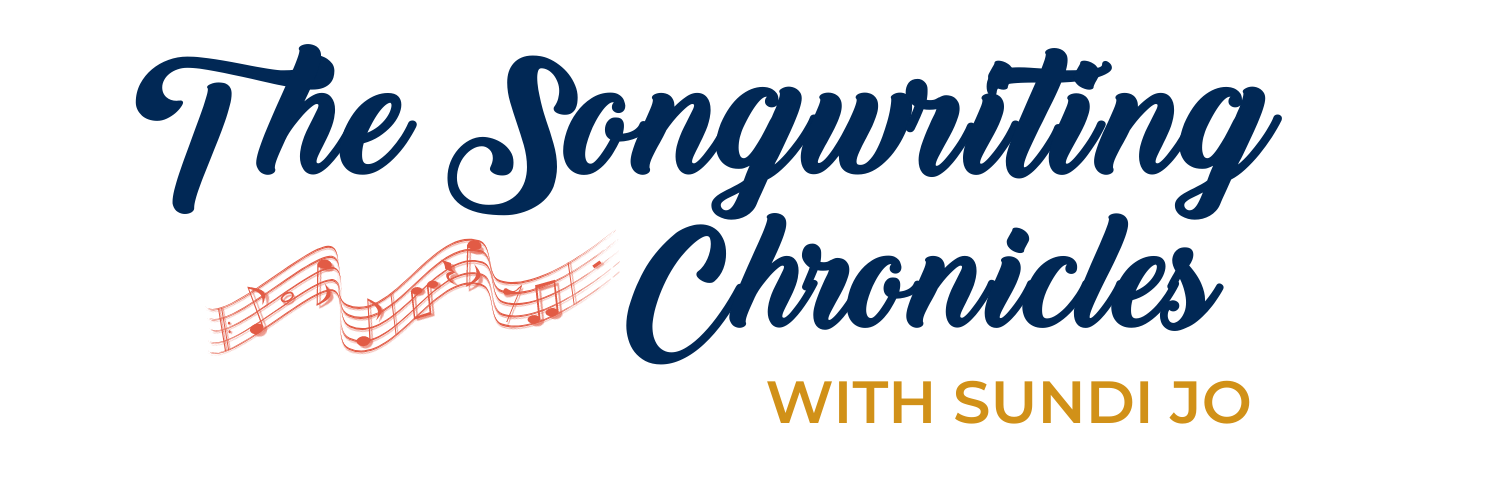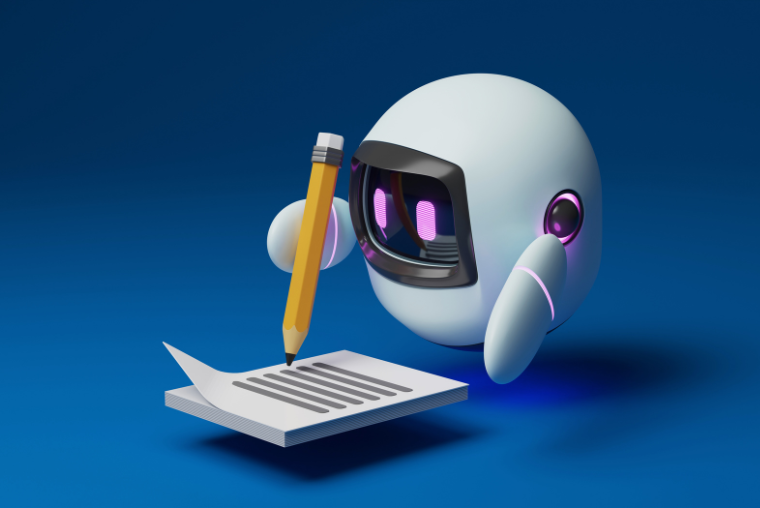In a groundbreaking decision, a federal court in Washington, DC, has determined that art generated solely by artificial intelligence (AI) lacks the necessary human authorship to be eligible for copyright protection under US law.
The case arose when Stephen Thaler, the developer behind the “Creativity Machine” AI system, sought to secure copyright registration for AI-generated artworks. However, the Copyright Office rejected the request, asserting that copyright law mandates human authorship as a prerequisite.
The US District Judge upheld the Copyright Office’s stance, asserting that copyright protection exclusively pertains to works that possess a human creative touch.
Grab a cup of coffee and Subscribe Now to The Songwriting Chronicles Podcast. We’re excited you’re here!
Thaler’s approach of listing himself as the AI system’s creator to claim copyright was deemed insufficient, as the court highlighted human authorship as a pivotal requirement. While Thaler and his legal team plan to appeal the decision, the Copyright Office expressed agreement with the court’s verdict.
This ruling reinforces the longstanding principle that copyright is rooted in human ingenuity, and it’s a stance consistent with the evolution of copyright law over time. The judge’s decision referenced a historic Supreme Court case that established copyright protection for works reflecting original intellectual concepts generated by human minds.
In essence, this ruling underscores the significance of human creativity as the cornerstone of copyright, signaling a clear boundary between works brought into being by technology alone and those that bear the imprint of human imagination. The debate over AI-generated content and copyright continues to shape the ever-evolving landscape of intellectual property law.
Click here to read the full article at Digital Music News.

